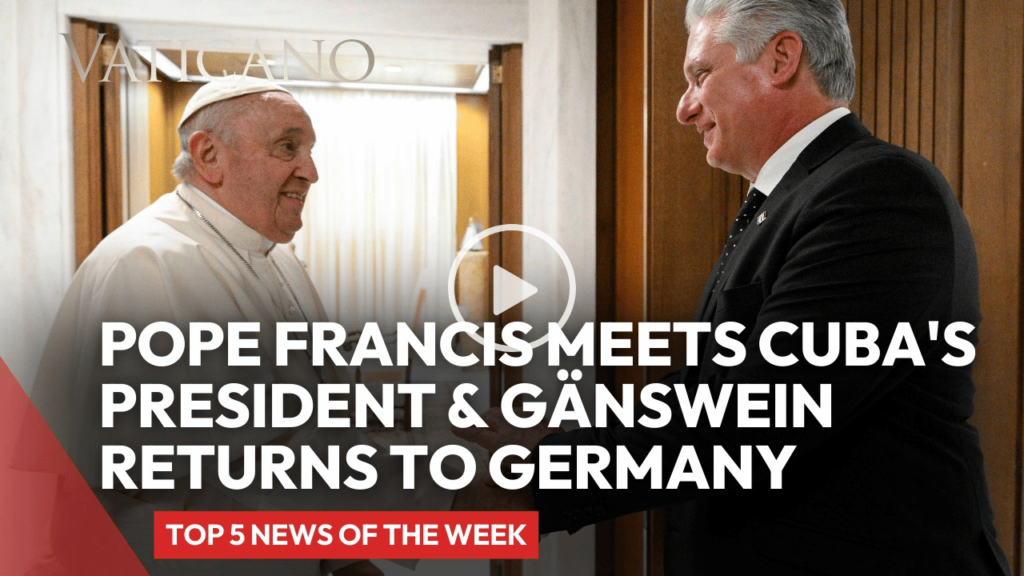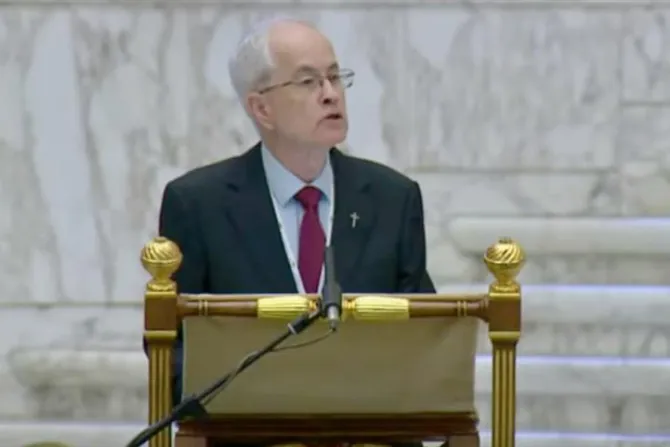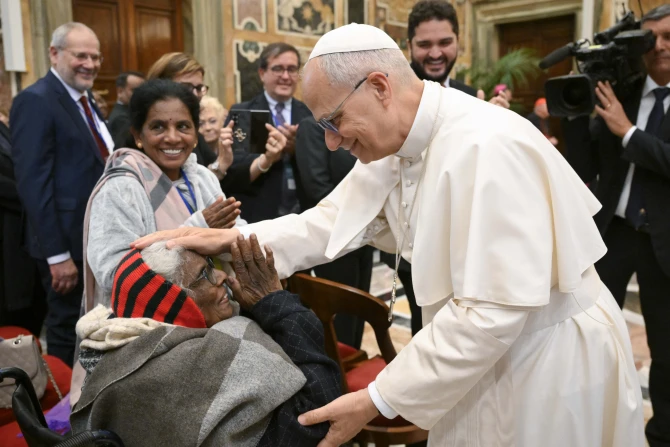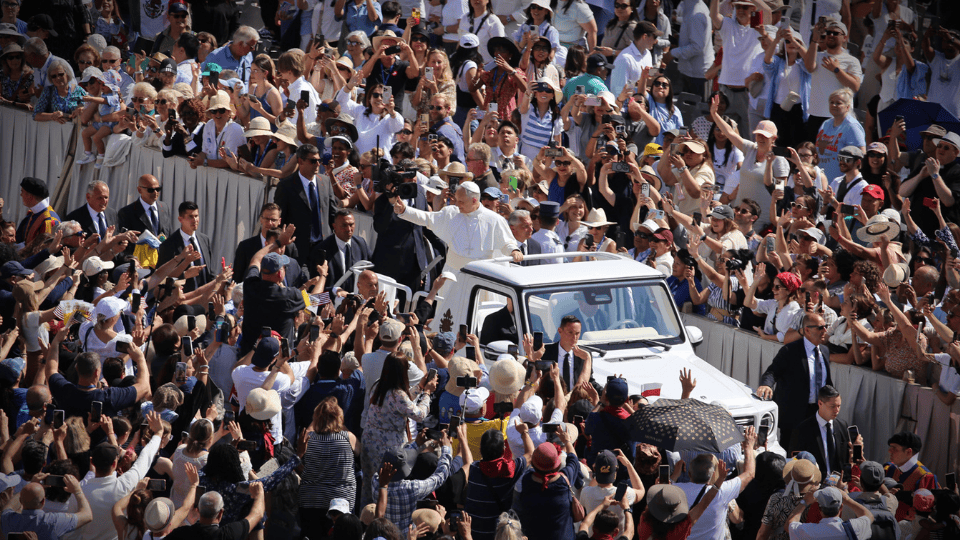Pope Leo XIV in a message released Friday pointed out that Catholic migrants and refugees “can become missionaries of hope today in the countries that welcome them.”
SIGN UP FOR OUR NEWSLETTER HERE
“With their spiritual enthusiasm and vitality, they can help revitalize ecclesial communities that have become rigid and weighed down, where spiritual desertification is advancing at an alarming rate,” the pope noted July 25 in his message for the 111th World Day of Migrants and Refugees, which will be celebrated Oct. 4–5, coinciding with the Jubilee of Migrants and the Jubilee of the Missions.
The pontiff focused his reflection on the link between Christian hope and migration and praised the faith with which immigrants “defy death on the various contemporary migration routes.”
“Many migrants, refugees, and displaced persons are privileged witnesses of hope. Indeed, they demonstrate this daily through their resilience and trust in God, as they face adversity while seeking a future in which they glimpse that integral human development,” the pope noted in the statement.
He emphasized that their presence “should be recognized and appreciated as a true divine blessing, an opportunity to open oneself to the grace of God, who gives new energy and hope to his Church.”
The Holy Father pointed out that “in a world darkened by war and injustice, even when all seems lost, migrants and refugees stand as messengers of hope. Their courage and tenacity bear heroic testimony to a faith that sees beyond what our eyes can see and gives them the strength to defy death on the various contemporary migration routes.”
“Migrants and refugees remind the Church of her pilgrim dimension, perpetually journeying toward her final homeland, sustained by a hope that is a theological virtue,” he added.
Thus, the pope called for hope for “a future of peace and of respect for the dignity of all” despite the “frightening scenarios” of “wars, violence, injustice, and extreme weather events.”
Arms trade and current climate crisis
“The prospect of a renewed arms race and the development of new armaments, including nuclear weapons, the lack of consideration for the harmful effects of the ongoing climate crisis, and the impact of profound economic inequalities make the challenges of the present and the future increasingly demanding,” the pontiff noted in the message.
Pope Leo warned the Catholic Church against the temptation of “sedentarization” and, therefore, of ceasing to be a “civitas peregrine,” since as St. Augustine points out in “The City of God,” the people of God are “journeying toward the heavenly homeland,” because otherwise she ceases to be “in the world” and becomes “of the world.”
“This temptation was already present in the early Christian communities, so much so that the Apostle Paul had to remind the Church of Philippi that ‘our citizenship is in heaven, and it is from there that we are expecting a savior, the Lord Jesus Christ. He will transform the body of our humiliation that it may be conformed to the body of his glory, by the power that also enables him to make all things subject to himself’ (Phil 3:20-21),” Leo XIV emphasized.
He also called for a move beyond individualism, which he defined as a “serious threat” to the “sharing of responsibilities, multilateral cooperation,” and “the pursuit of the common good.”
In this regard, he criticized the “widespread tendency to look after the interests of limited communities” and pointed out that there is “a clear analogy” between immigrants and “the experience of the people of Israel wandering in the desert, who faced every danger while trusting in the Lord’s protection.”
Finally, Pope Leo expressed his desire to entrust every migrant, and those who accompany them with generosity and compassion, “to the maternal protection of the Virgin Mary, comfort of migrants.”
This story was first published by ACI Prensa, CNA’s Spanish-language news partner. It has been translated and adapted by CNA.






